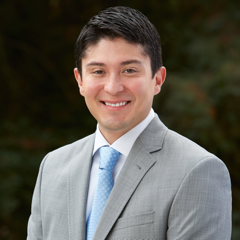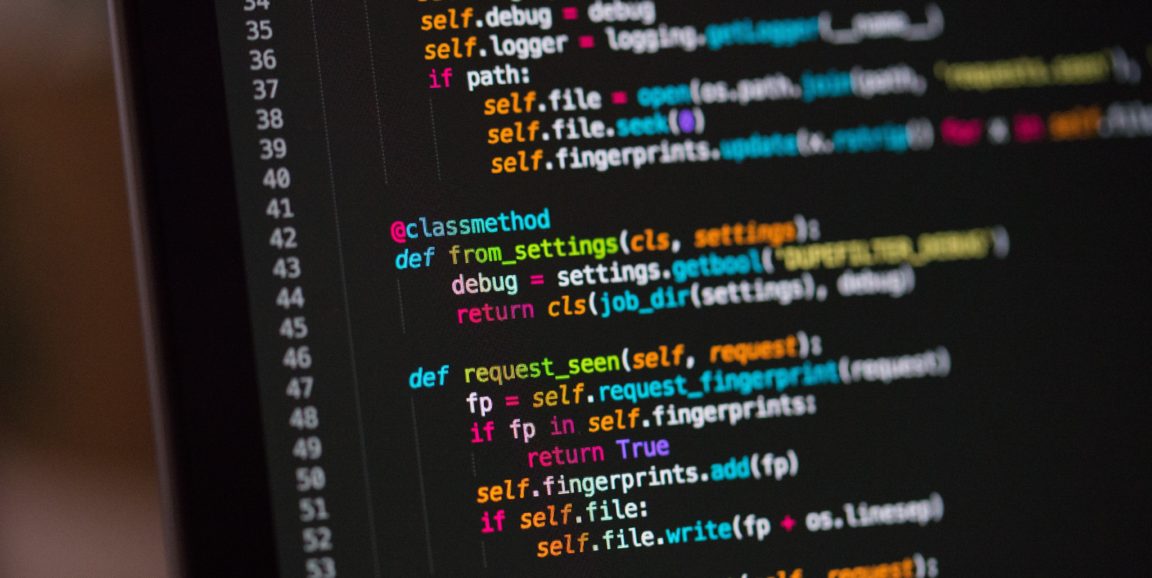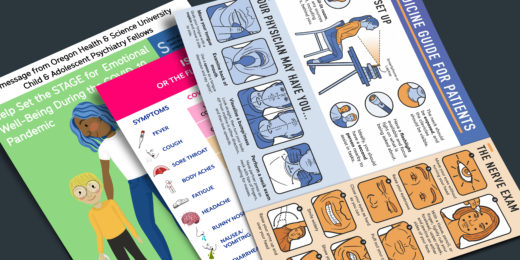In mid-February, weeks before the World Health Organization declared COVID-19 a global pandemic, Jorge Caballero, MD, an instructor in anesthesiology at Stanford Medicine, fell ill.
The United States had little more than a dozen known cases at that time, but he wondered if he had been infected with the novel coronavirus; his wife's boss had recently returned from a city in Germany where there had been an outbreak.
Caballero struggled to find a place were he could be tested. Though Stanford Medicine was one of the first centers in the United States to develop a test for coronavirus infection, it wasn't available until early March.
When Stanford's drive-through testing service opened, Caballero was among the first patients served. His result was negative, but the difficulty he faced in getting tested inspired him to take action and ensure others have an easier time.
"I thought, 'If I, someone who knows how to navigate the system, doesn't know where to go, there's a much greater need for the general public,'" he told me.
Launching a national directory
A programmer as well as a physician, Caballero quickly co-founded an organization, Coders Against COVID, to create a free, public, comprehensive directory of all of the nation's testing sites.
By March 21, the group's 10 volunteers had launched a website that was among the first in the country to help people find COVID-19 test sites throughout the United States. Currently, it shows more than 20,000 locations, including temporary ones, all available to the public.

The site also features a dashboard that collects data from government sources. It shows case- and death-rate data in many dimensions: by state and county, according to age and ethnicity, over time.
"The information is so incredibly important," Caballero said. "We need it to know how to respond and where to allocate resources."
To help maintain the website, Coders Against COVID partnered with GISCorps, a volunteer organization of information specialists, which supplied hundreds of people. Volunteers from both groups located testing sites by searching the internet and establishing relationships with state and local health departments; they also contacted health care organizations.
Now, Caballero said, the agencies and organizations reach out to his group to provide updates.
Continuous updates
Coders Against COVID continues to build new partnerships with volunteer and nonprofit groups. Most recently, they launched a public version of the White House Coronavirus Task Force weekly report. They plan to make the data freely available to stimulate academic research, support investigative journalism and increase data transparency.
Caballero said the people using the site's data are members of the press, researchers, congressional staffers -- "it runs the gamut."
Right now, his work with Coders Against COVID is the equivalent of a full-time job, which he balances with his duties as a clinician and educator, said Caballero, who built computers when he was 10 and was a webmaster in high school.
While it's taking up much of his free time, he hopes the data presented by Coders Against COVID can help stem the pandemic.
"I got into it for the same reasons I'm a doctor," he said. "It's all about helping people, trying to make the world a better place, trying to alleviate pain."
Photo by Chris Ried






